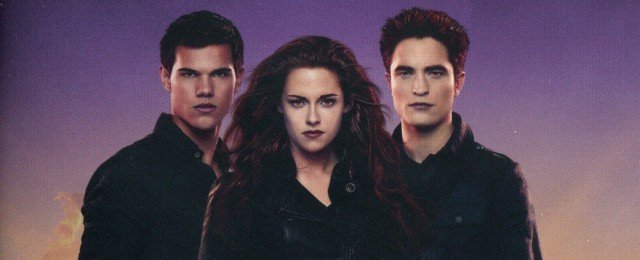
Breaking Dawn Again: Deconstructing the Twilight Swan Song
"Breaking Dawn," the final installment of the Twilight Saga, has always been a polarizing figure. For devoted fans, it's the triumphant culmination of Bella Swan's journey, a celebration of love, family, and the eternal. For critics, it's a melodramatic mess, riddled with plot holes, problematic themes, and an anticlimactic resolution. Revisiting the end of the Saga now, years later, allows us to deconstruct its strengths and weaknesses, examining why it continues to resonate with some while baffling others.
One of the most significant aspects of "Breaking Dawn" is its thematic preoccupation with transformation. Bella's transformation into a vampire is the central event, the long-awaited metamorphosis she yearned for throughout the series. This shift represents a profound power shift, granting her the abilities she craved and solidifying her place within Edward's immortal world. However, the narrative also explores the transformation of Jacob Black, forced to confront his feelings for Bella and ultimately imprinting on her daughter, Renesmee. This imprinting, a controversial plot device, highlights the series' often-murky exploration of destiny and choice. While Bella embraces her new identity, Jacob is forced to accept a future he didn't anticipate, highlighting the different ways individuals adapt to monumental change.
The film adaptation also attempts to visualize the extraordinary elements of the story. The birth scene, infamous for its graphic depiction of Bella's internal injuries and the emerging vampire baby, is a prime example. While meant to be shocking and intense, it often veers into the realm of unintentional comedy. Similarly, Renesmee's rapidly aging process is rendered through uncanny CGI, creating a character that feels strangely artificial. These visual missteps, while understandable given the fantastical nature of the narrative, underscore the challenges of translating such outlandish concepts to the screen.
Furthermore, "Breaking Dawn" grapples with the complexities of family and community. The Cullens, already a close-knit coven, solidify their bonds through their devotion to Bella and Renesmee. This familial devotion extends to the wider vampire world, as they rally allies to defend Renesmee from the Volturi. The climactic confrontation, while ultimately resolved without bloodshed, showcases the strength of the vampire community when united. However, the narrative also implicitly reinforces traditional gender roles, with Bella transitioning seamlessly into the role of wife and mother, her individual ambitions seemingly forgotten. This reinforces the criticism that the series prioritizes romantic relationships and motherhood above all else.
Perhaps the most contentious aspect of "Breaking Dawn" is its resolution. The threat of the Volturi, built up throughout the Saga, is ultimately diffused through a series of explanations and visual demonstrations of Renesmee's unique abilities. This non-violent resolution, while arguably more nuanced than a bloody battle, leaves some viewers feeling cheated. The lack of a significant sacrifice or meaningful conflict undermines the tension that had been brewing for so long. The "happy ever after" ending, while satisfying for those invested in the characters' romantic journeys, feels overly simplistic and dismissive of the darker themes that had previously been explored.
In conclusion, revisiting "Breaking Dawn" reveals a complex and flawed conclusion to the Twilight Saga. While the narrative explores themes of transformation, family, and community, it often does so through problematic tropes and uneven execution. The film adaptation further exacerbates these issues with its occasionally awkward visuals and reliance on melodramatic storytelling. Ultimately, "Breaking Dawn" remains a testament to the power of fan engagement and the enduring appeal of the Twilight universe, even as it continues to be debated and dissected for its merits and shortcomings. It's a reminder that even a highly anticipated ending can be a starting point for continued conversation, forcing us to confront our own expectations and interpretations of the stories we love.
